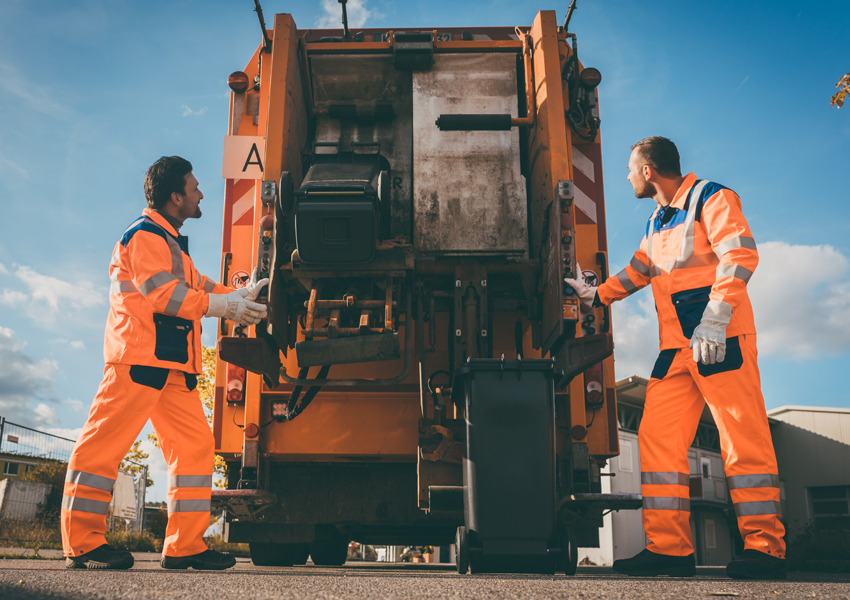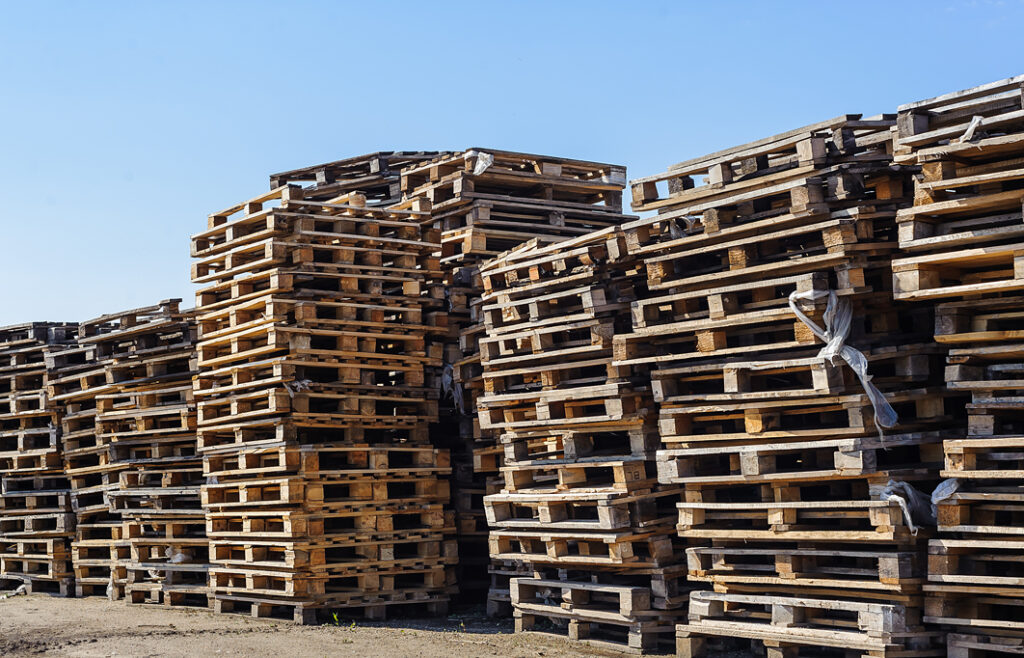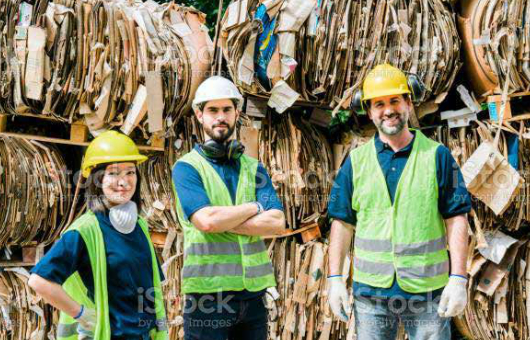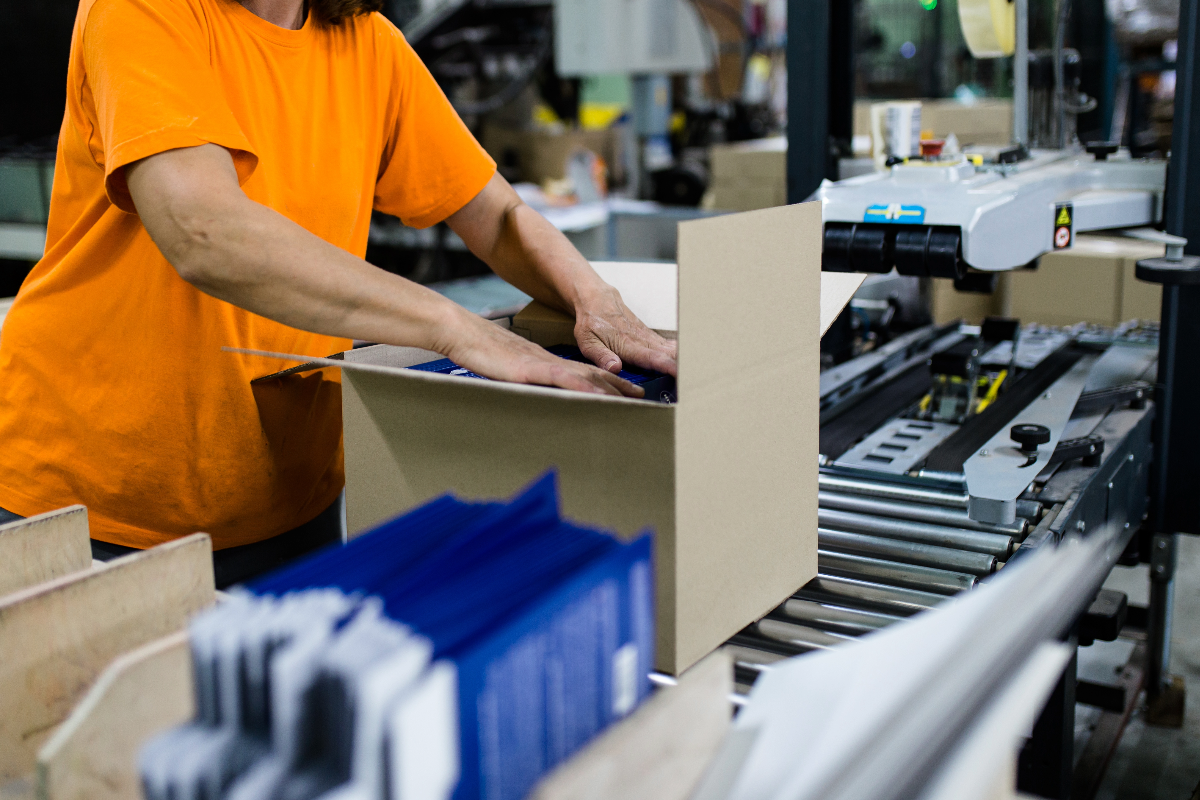BLOG
Why is the Cost of Business Waste Disposal Rising?

The Rising Cost of Business Waste Disposal
Factors such as rises in fuel prices, the end of the red diesel concession for the waste sector and higher landfill tax means that the costs of disposing of your business waste has crept up yet again. We look at just some of the causes of this price increase and what you can do to reduce the cost of waste disposal in your business.
Landfill tax increase
Landfill tax was introduced in 1996 with the aim of reducing the amount sent to landfill and encouraging more recycling and reuse. Initially the cost was £7 per tonne of waste – but this has increased dramatically in the last few years, impacting on the cost of waste disposal.
Landfill tax is paid by any company or local authority that uses landfill sites to dispose of waste – this is on top of the normal landfill gate fees (see below). The landfill operator is responsible for paying the tax, but passes these costs on to users (the waste operators) who in turn pass this on to the businesses that they service.
There are two rates of landfill tax – the standard rate is charged on “active waste” – that is, waste which will either contaminate land or decay. This includes most household waste, including plastics and materials which eventually degrade. The lower rate is charged on “inert” waste, such as soil, concrete, ash, which is considered as less polluting.
The lower rate is has increased from £3.10 to £3.15 per tonne; with the standard rate increasing from £96.70 to £98.60 per tonne.
Ultimately, any increase in cost for waste operators using landfill will impact on those businesses and households whose waste they collect.
Gate fees
On top of the landfill tax, landfill site operators also charge gate fees – and these are on the increase too. Operators usually set these fees in April, and as they are set by individual site operators the cost will differ between sites and locations. It is estimated that this year larger waste management companies will increase prices at transfer stations by £7 – £9 per tonne.
This year, several factors, such as the end of the tax concession for red diesel, have meant that landfill operators have had to significantly increase their gate fees. This means that as well as an increase in landfill tax, waste operators will also need to pay these increased gate fees – which will of course be passed on to the businesses that generate the waste. Read more at: Landfill gate fees rise across the UK – letsrecycle.com
Fuel price increases
Fuel price increases have led to waste operators facing larger costs to collect and dispose of waste. Although many operators have tried to absorb some of the increase, it is inevitable that this will eventually be passed on to the businesses that they service.


Red diesel
The end of the “red diesel” concession for vehicles used in the waste sector has also caused an increase in prices.
Red diesel refers to the lower rate of fuel duty on diesel used in off-road vehicles – such as tractors and machinery, which is taxed at a lower rate than standard fuel. This includes plant vehicles used at waste transfer stations and landfill sites, and as such costs for these operators has increased significantly.
When you consider that after the rebate, the tax on red diesel equates to 11.14 pence per litre, compared to a standard fuel rate of 57.95 pence per litre, you can see the significant rise in the price of diesel that operators are facing.
From April 2022, most operators will be taxed the standard rate for fuel. Unfortunately, this adds to the increased costs for waste operators which is being passed down to customers and ultimately businesses.
What businesses can do to reduce waste disposal costs
Ultimately, any increased costs incurred by landfill operators or waste collection companies will be passed on to the customer, i.e. your business.
The key to reducing the costs to your business is to make sure that your waste management system is as efficient as it can be.
Check your waste management system
It is worth carrying out an audit of your waste – we recommend a regular site survey or waste audit to make sure your waste management is meeting your needs at the right cost.
Looking at areas of your waste management in detail can really make an impact to your business. Could a baler or compactor help to reduce the number of waste collections you need? It can also be helpful in segregating your waste ready for collection and recycling. You could even look at installing SmartTrash technology which tells you when your compactor is ready to be emptied and alerts your waste handlers that a collection is needed.
Do you have the optimum number of waste collections for your business? If you are having too many collections (e.g. bins being collected before they are full) or your bins are always overweight (you will be charged for overweight collections) this is unnecessary cost to your business. Review your waste management strategy to ensure that your waste is being collected at the optimum time – maybe this means a larger bin or fewer collections. If you need help with this, contact us for a waste audit.
Could you reduce the amount you send to landfill?
Recycling is often much cheaper than getting rid of general waste to landfill – and much more can be recycled these days. Have a look at your waste and see if there is anything else you could send for recycling.
You’ll be surprised at how much you can recycle – read how we helped one of our clients sell some of their waste to be repurposed for another customer; which was previously sent to landfill.
Check if you can make money from recycling
Some items of recycling can be sold for recycling and repurposing – for example metals, baled cardboard, and pallets.
For example, if your business uses a lot of cardboard you could sell this to a recycling company, who will in turn process it and sell on to be reused. Some recycling companies will pay more for your cardboard if it is compacted and baled and collected in larger volumes. So if you have room, a baler might be a good solution for you. Not only will this make it easier to sell, it will also make it easier to store waste until it can be collected.
Other items can also be sold for recycling – pallets, metals, and plastics.
Check with your waste management company or contact us to discuss how you could make money from your waste.




